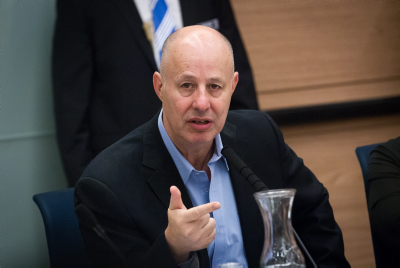
He added, “There was a deliberate kidnapping here of many hundreds of children. In recent weeks and months, the public in Israel have begun to understand that it’s no illusion.”
The initiative to appoint Hanegbi was given a push by Knesset member Naavah Boker, who said before the Knesset, “I never got to meet my older sister, my mother never saw her dead body, she didn’t get a death certificate and we never saw my sister brought to burial. The doctors and the medical staff exploited my mother’s naivete and took her daughter away from her.”
Many of the families who lost children were not satisfied with the government appointing Hanegbi to search through the files and are instead demanding a genetic database to be set up for families who lost children, and adoptees, similar to what was done in Argentina.
During Argentina’s military coup in the 1970’s, many dissidents were kidnapped and murdered and their children who were born during their incarceration were given to childless military officers. Grandmothers who knew of the children’s existence, demanded from the government to set up a genetic database and require adoptees to undergo mandatory genetic testing.
A number of children were reconnected to their families this way.
A month ago, the Amram non-profit (Amutat Ruach Ha-Mizrach) decided that it’s not waiting for the establishment and it launched its own DNA initiative together with IGENEA company, the leading company in the world in this field, to reunite families with missing children.
“We decided that we’re no longer waiting,” explained Naama Kati’i, one of Amram’s founders. “The government says ‘Let’s discuss things, we’ll check things’, but we know that will take years. Twenty years ago it was decided to set up a database but it didn’t happen.”
